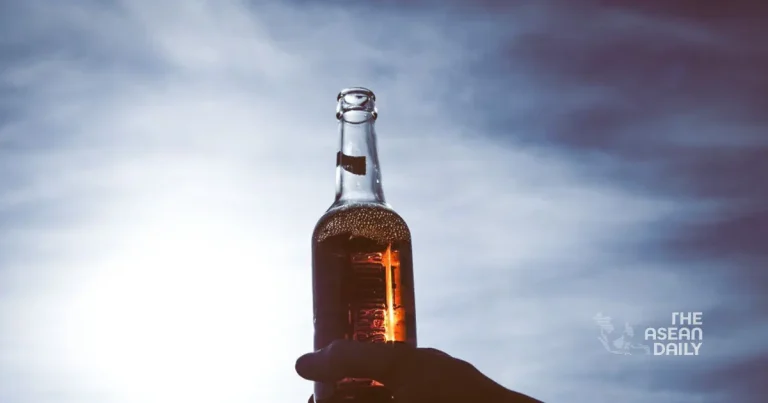31-8-2024 (BANGKOK) A tragic incident involving illicit alcohol has left at least six people dead and more than 20 hospitalised in Thailand, authorities reported on Wednesday. The fatalities, primarily concentrated in the Khlong Sam Wa district on the northwestern fringes of Bangkok, have sparked a crackdown on illegal roadside alcohol vendors.
The Bangkok Metropolitan Administration (BMA) issued a statement confirming that six individuals had succumbed to methanol poisoning at local hospitals, while 22 others remained in critical condition as of Wednesday morning. The outbreak of poisonings has been linked to the consumption of bootleg alcohol tainted with methanol, a toxic substance often used to increase the potency of illicit spirits.
Authorities swiftly identified and targeted 19 unlicensed alcohol stands operating in the affected area. Somwang Chaiprakraiwan, the senior local official in Khlong Sam Wa district, told AFP, “Police and the Department of Excise have arrested and detained the operators of these illegal establishments.”
The incident has shed light on Thailand’s thriving black market for cheap, unregulated alcohol, locally known as “Ya Dong”. Despite the country’s strict alcohol laws, which limit liquor sales to specific hours and prohibit them entirely on religious holidays, critics argue that these restrictions have inadvertently fuelled the demand for bootleg spirits.
One relative of an affected drinker shared their harrowing experience with public broadcaster ThaiPBS: “After consuming the alcohol, my father said the symptoms reminded him of acid reflux. The next thing he remembered was waking up in the intensive care unit.”
The use of methanol as an additive in illicit liquor is a dangerous practice that can lead to severe health consequences, including blindness, liver damage, and death. This recent tragedy underscores the risks associated with consuming unregulated alcohol and the challenges faced by authorities in combating the illegal trade.
Thailand’s predominantly Buddhist society has long grappled with balancing cultural attitudes towards alcohol consumption with public health and safety concerns. The current incident has reignited debates about the effectiveness of existing alcohol regulations and the need for more comprehensive strategies to address the root causes of illicit alcohol production and distribution.




